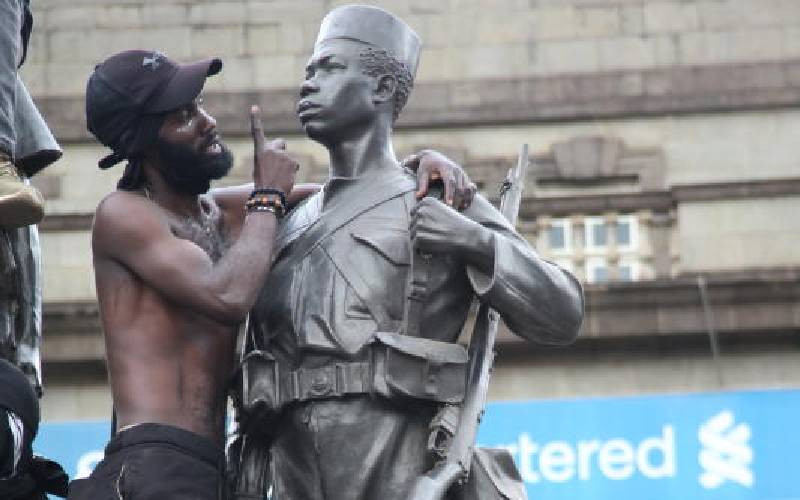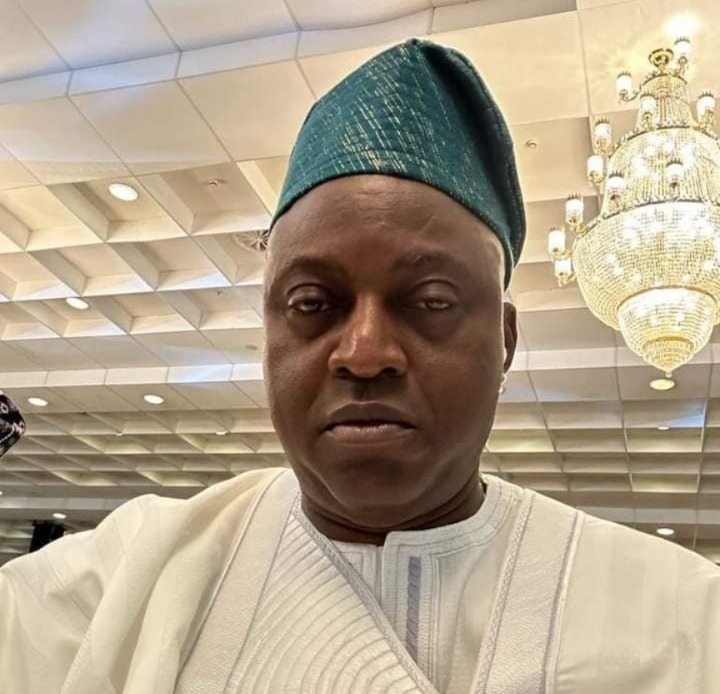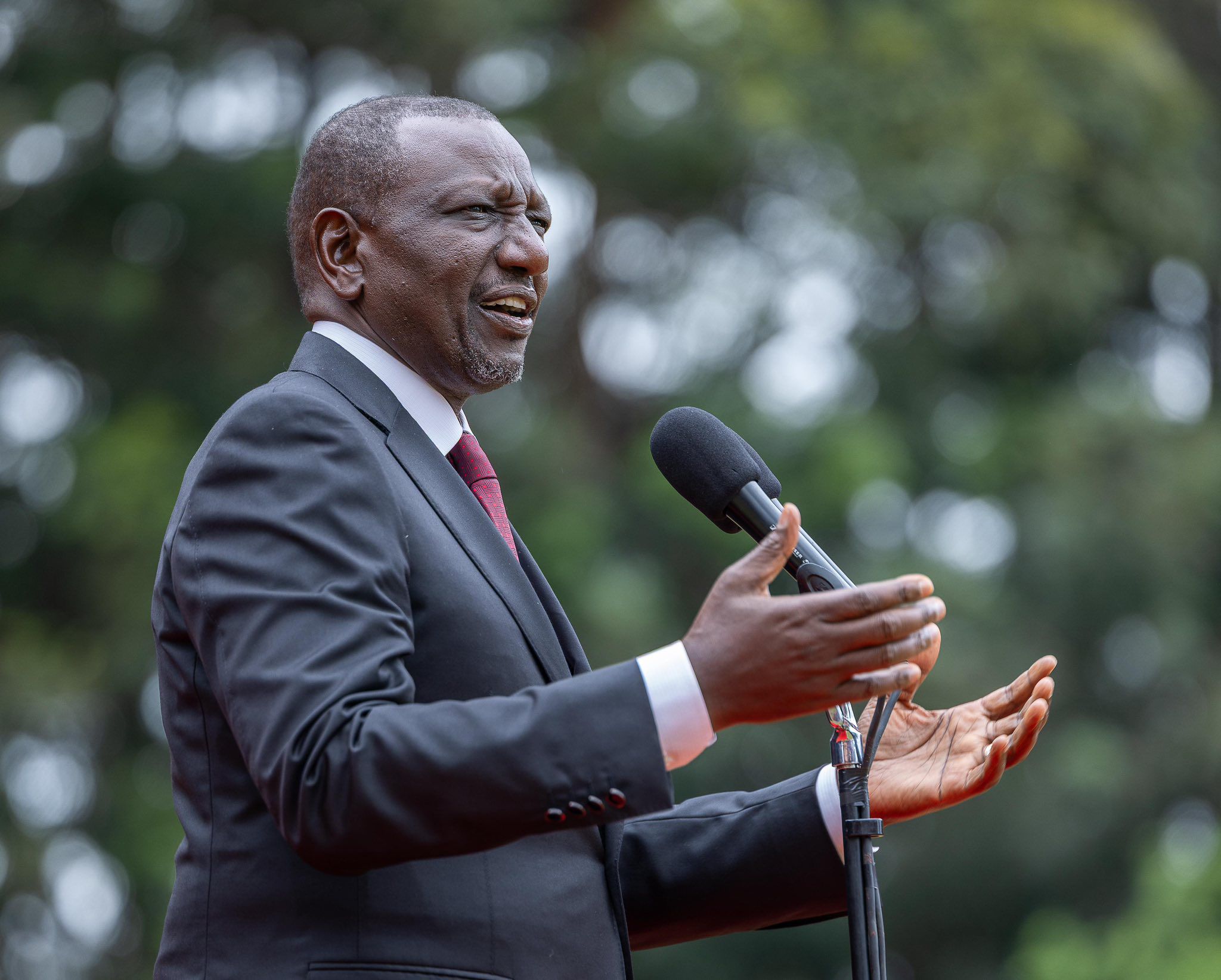Why no one takes responsibility for anything in Kenya

The tragic death of Albert Ojwang while in police custody is yet another indictment of Kenya’s pervasive culture of impunity and alarming nonchalance among public servants.
It is disturbing that, to date, no one has been compelled to resign out of personal conscience, or even face adequate public scrutiny, for an incident that so starkly exposes fragility of the rule of law in our nation. This isn’t merely about Ojwang, who was laid to rest on Friday; it’s about the countless individuals who have suffered extrajudicial killings – a term whose meaning seems to be lost on many in the security and judicial sectors.
Extrajudicial, in its simplest terms, means “outside the judicial system.” It refers to actions taken by state agents that circumvent or defy legal processes, often resulting in severe human rights violations. In developed democracies, even minor transgressions by public officials – a late arrival to work, a misspoken word – can trigger resignations, a testament to the high standards expected.
Contrast this with Kenya, where incidents of gross misconduct, even death, are often met with deafening silence – an arrogant, dismissive silence. Elsewhere where people have a conscience, things happen differently. In 2014, South Korea’s Prime Minister, Chung Hong-won, offered to resign over the government’s handling of the Sewol ferry disaster, which claimed over 300 lives. His resignation, though initially rejected, underscored a deep-seated belief that leaders must bear the weight of systemic failures, even if not directly culpable.
In 2018, Lord Bates, a junior minister in the British government, resigned for being a mere few minutes late to a parliamentary session, deeming his tardiness a “discourtesy” to Parliament. These examples, though disparate in gravity, highlight a fundamental principle: public office is a trust, and that trust demands an unwavering commitment to accountability.
In Kenya, the narrative is painfully different. The stepping aside of individuals like a Deputy Inspector General, such as Mr Eliud Lagat, is more often a temporary hiatus, an “hibernation” rather than a genuine step towards personal accountability. When voices from the top, such as Interior CS Kipchumba Murkomen, sometimes appear to rationalise or downplay such incidents, it fosters a chilling climate of general amnesia.
There seems to be a collective forgetting among many public servants that their primary allegiance is to the citizens, not to the appointing authority. Key events where resignations should have, but did not, occur are numerous in Kenya’s recent history: allegations of police brutality during protests, murders linked to state agents, and corruption scandals that cripple public services. Each represents a profound betrayal of public trust, demanding more than perfunctory investigations or political rhetoric.
Until Kenya’s public servants internalise that their authority derives from the people and their loyalty must be unequivocal to the Constitution and its citizens, tragic echoes of Ojwang’s death and others will haunt our nation, perpetuating a cycle of impunity that undermines the fabric of our democracy.











